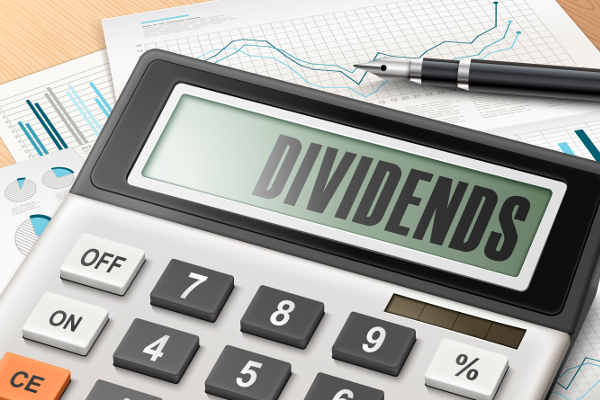176 UK companies cut or cancelled their dividends in the second quarter of 2020
In total, headline payments fell by 57.2% to just £16 billion.
20th July 2020 13:35
by Tom Bailey from interactive investor
In total, headline payments fell by 57.2% to just £16 billion.

In recent years, the Link Dividend Monitor has almost continuously recorded new records for dividend payments from UK companies. In the second quarter of 2020, new records were again broken. This time, however, the record was the speed and depth of dividend payment cuts.
According to Link Dividend Monitors’ latest data, a total of 176 UK companies slashed or cancelled their dividends in the second quarter of the year. This equalled two-thirds of all the companies that typically make payments in the second quarter. In total, just 61 companies increased their payments.
To illustrate the scale of the dividend cuts Link suggests using the aftermath of the 2008 global financial crisis as a benchmark for “how bad things can get”. They note that in the first quarter of 2009 two-fifths of companies cut their dividends, in comparison to the most recent quarter’s two-thirds.
In total, headline payments fell by 57.2% to just £16 billion. That was £22 billion less than headline payments in the second quarter of 2019. With headline dividends excluded, total payments were down by 50.2%, from £32.1 billion to £16 billion, representing the lowest second quarter dividend payments since 2010.
In terms of sectors, financials bore the brunt of the cuts, being responsible for half of all cuts. Banks and insurance companies were both pressured by the government and regulator to cut payments. Meanwhile, Royal Dutch Shell’s historic cut, along with other oil companies, contributed £2.2 billion to the cuts. Nine out of 10 industrial firms cut payments, totalling £2.0 billion.
When will dividends start to recover?
According to Adrian Lowcock, head of personal investing at Willis Owen, companies will likely be in no rush to reinstate their dividends. He notes: “While we don’t expect a repeat of the events seen in March and April, for many businesses cuts to payouts to shareholders in the coming quarters are likely.
“With so much uncertainty about the recovery, and the clear risk of a second wave of the virus, companies are not going to rush to reinstate dividends.”
Iain Wells, investment manager of Kames UK Equity Income fund, is more optimistic about the restoration of dividend payments. He argues: “Many companies that suspended dividends payments will restart them, perhaps within the next couple of months. Many decisions about dividends were made in the UK at the height of the pandemic, when uncertainty was acute, and the priority was to remain solvent. Since then economic activities have slowly begun to increase and anxiety about access to funding fall.”
Wells says he expects dividends to restart with interim results in the autumn. He continues: “By the time full-year results are declared, in early 2021, increased clarity may see both final dividends declared and possibly catch up dividends for those missed in early 2020.”
However, Wells still argues that the landscape for UK dividends has likely changed for the good. He notes: “As the dust thrown up by the coronavirus earthquake settles, the dividend landscape that emerges in the UK may look quite different.”
Chief among these changes has been the ability of companies to address unsustainable dividend growth. He argues: “Covid-19 has arguably given boards the excuse they needed to move away from distribution policies that had long been seen as unsustainable - "Big Oil" like Royal Dutch Shell, or BT for example. This may give them an opportunity to create stronger companies in the long run by redirecting cash from dividends into investment - from which, ultimately, future dividend will flow.”
This article was originally published in our sister magazine Money Observer, which ceased publication in August 2020.
These articles are provided for information purposes only. Occasionally, an opinion about whether to buy or sell a specific investment may be provided by third parties. The content is not intended to be a personal recommendation to buy or sell any financial instrument or product, or to adopt any investment strategy as it is not provided based on an assessment of your investing knowledge and experience, your financial situation or your investment objectives. The value of your investments, and the income derived from them, may go down as well as up. You may not get back all the money that you invest. The investments referred to in this article may not be suitable for all investors, and if in doubt, an investor should seek advice from a qualified investment adviser.
Full performance can be found on the company or index summary page on the interactive investor website. Simply click on the company's or index name highlighted in the article.